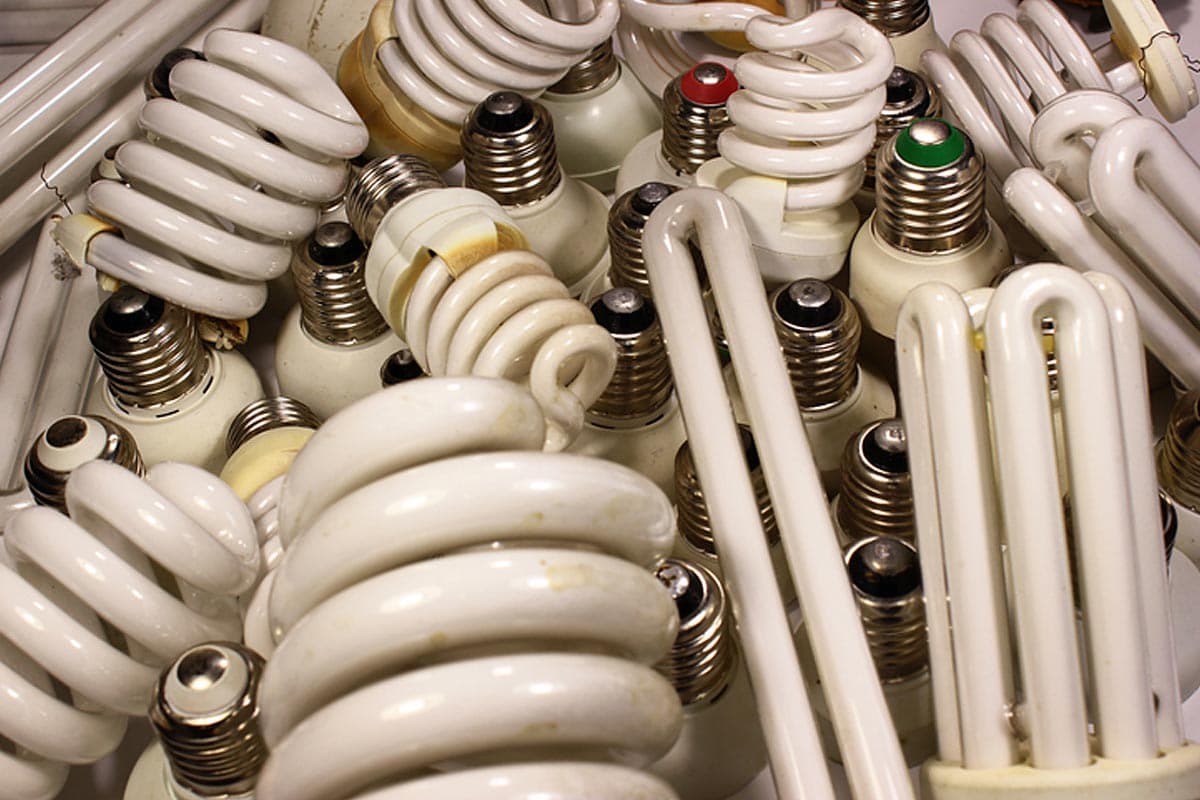With WM, recycling goes beyond just bottles, cans and paper. Some things we are used to throwing away can often be safely recycled too, from old TV remotes to batteries to compact fluorescent bulbs and more.
Bulbs, Batteries & Electronics
WM offers convenient disposal and recycling options for bulbs, batteries and electronic waste.
Responsible Disposal & Recycling
For Bulbs, Batteries & Electronics

At-Home Collection
WM's At Your Door Special Collection® service can safely collect eligible bulbs, batteries and electronics, and you don't even have to leave home.
To get started, schedule online at WMAtYourDoor.com or call 800-449-7587.

Recycle By Mail
Our mail-order recycling kits come with everything you need, from the box to the return shipping label. Simply enter your address to get a list of all Recycle by Mail services available in your area, select the items you want to recycle and then order the kit online. From there, all you have to do is pack up your bulbs, batteries or electronics and send the kit back.
What Can I Recycle?
Learn more about recycling options for bulbs, batteries and e-waste.
We have mail-in container options that can fit:
- 13 count of 13-watt bulbs
- 7 count of t-12 tubes
- 16 count of t-8 tubes
Other WM Services
That May Interest You